US, UK unveil plan to arm Australia with nuclear-powered subs, eyeing China
The Biden administration has unveiled details of a joint agreement with Britain and Australia to supply Canberra with nuclear-powered submarines as part of a trilateral security pact between the three countries.
The details of the plan, which is aimed at countering China's growing influence in the Indo-Pacific, were announced by US President Joe Biden when he hosted Australian Prime Minister Anthony Albanese and British Prime Minister Rishi Sunak in San Diego.
The three leaders termed the three-phase agreement under the 2021 Australia, United Kingdom, and US (AUKUS) partnership a "game changer", which ultimately ends with London and Canberra creating advanced versions of nuclear-powered submarines for their navies.
“We’ve developed a phased approach that’s going to make sure Australian sailors are fully trained and prepared to safely operate this fleet so they can deliver this critical capacity on the fastest possible timetable,” Biden said.
In a joint statement issued on Monday, the three allies said the plan uses a phased approach that begins this year, with Australian military and civilian personnel embedding with the US and Royal Navy "to accelerate" training in phase one.
In phase two, Canberra will buy three Virginia-class nuclear-powered submarines from the US with the option to buy two more if needed, which will take place in the 2030s if funding and infrastructure improvements for American shipyards come through.
The next phase, beginning late in the next decade, will see the UK design and deliver to its own forces a new nuclear-powered submarine named SSN AUKUS, featuring Virginia-class technologies from the US. Australia will do the same for its navy in the early 2040s.
"Our plan elevates all three nations’ industrial capacity to produce and sustain interoperable nuclear-powered submarines for decades to come, expands our individual and collective undersea presence in the Indo-Pacific, and contributes to global security and stability," the countries said in a joint statement.
"Our nations are committed to further trilateral collaboration that will strengthen our joint capabilities, enhance our information and technology sharing, and integrate our industrial bases and supply chains while strengthening the security regimes of each nation."
The US president made no direct comment on China, but his British counterpart spoke more explicitly revealing concerns over China's influence in the world while pushing the West to the side.
Biden stressed that the submarines are "nuclear powered, not nuclear-armed", adding that he doesn't see it as a "challenge to anybody."
AUKUS would be the first time Washington has shared nuclear-propulsion technology since the 1950s when it partnered with Britain.
Australian premier Anthony Albanese has hailed the agreement as "the biggest single investment in Australia's defense capability in all of our history."
"The AUKUS agreement we confirm here in San Diego represents the biggest single investment in Australia’s defense capability in our history, strengthening Australia’s national security and stability in our region," Albanese said at the ceremony on Monday.
The deal comes at a cost estimate of $245 billion by 2055 while it requires the funding of about 0.15% of Australia's GDP per year. Albanese defended the spending, saying it was "an economic plan, not just a defense and security plan".
China's foreign ministry spokesperson Mao Ning at a press briefing last Thursday slammed the three countries, saying their cooperation "constitutes serious nuclear proliferation risks," exacerbated the arms race, and undermined stability in the Asia-Pacific region.
In his remarks at the annual parliament session on Monday, President Xi Jinping said China needs to modernize the military to create a "Great Wall of steel."
"We must fully promote the modernization of national defense and the armed forces, and build the people's armed forces into a 'Great Wall of steel' that effectively safeguards national sovereignty, security, and development interests," he said.
VIDEO | Press TV's news headlines
More Europeans see Trump as 'enemy' than 'friend': Survey
Ukraine war talks begin in UAE as Russia repeats Donbas demand
Iran slams UNHRC session as illegitimate, says no submission to foreign pressure
Six-month-old boy freezes to death in Gaza amid Israel's inhumane blockade
VIDEO | Protestors in South Africa slam US interference in other countries’ affairs
Israel runs smear campaign against Doctors Without Borders: Report
Iran slams EU parliament’s ‘meddlesome, irresponsible’ resolution on terrorist riots


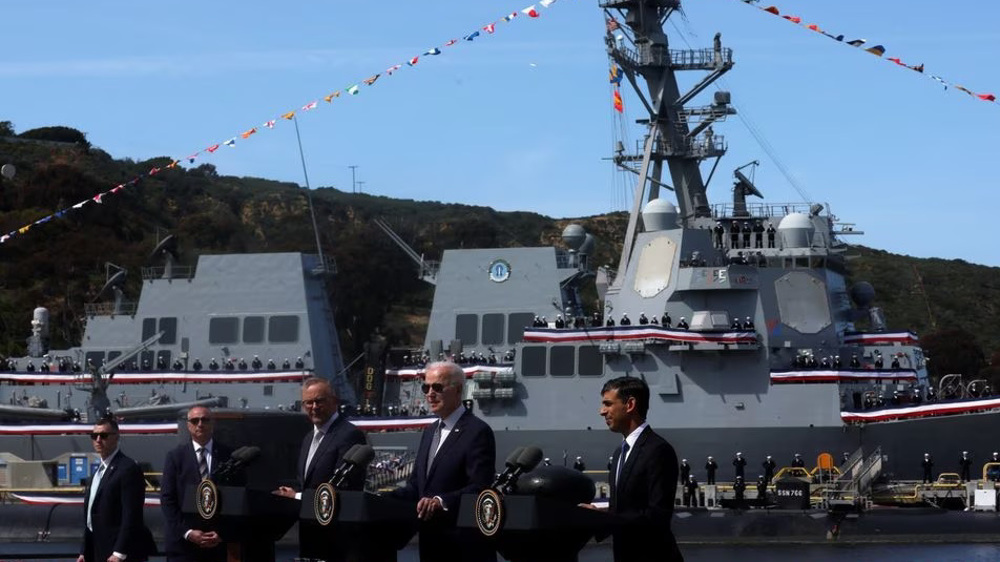
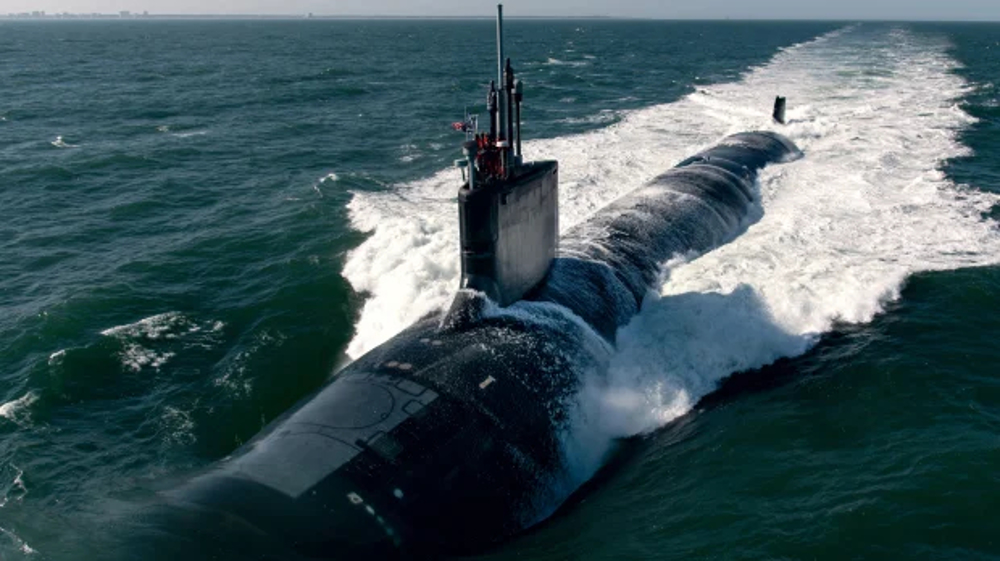






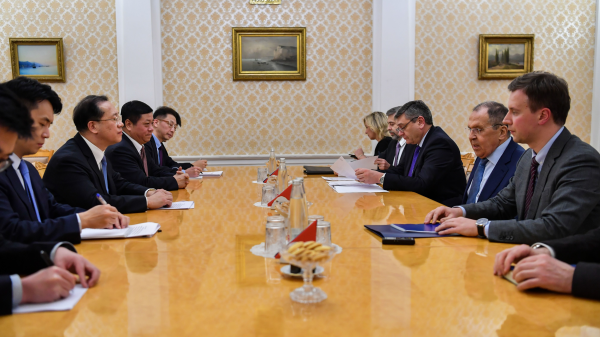
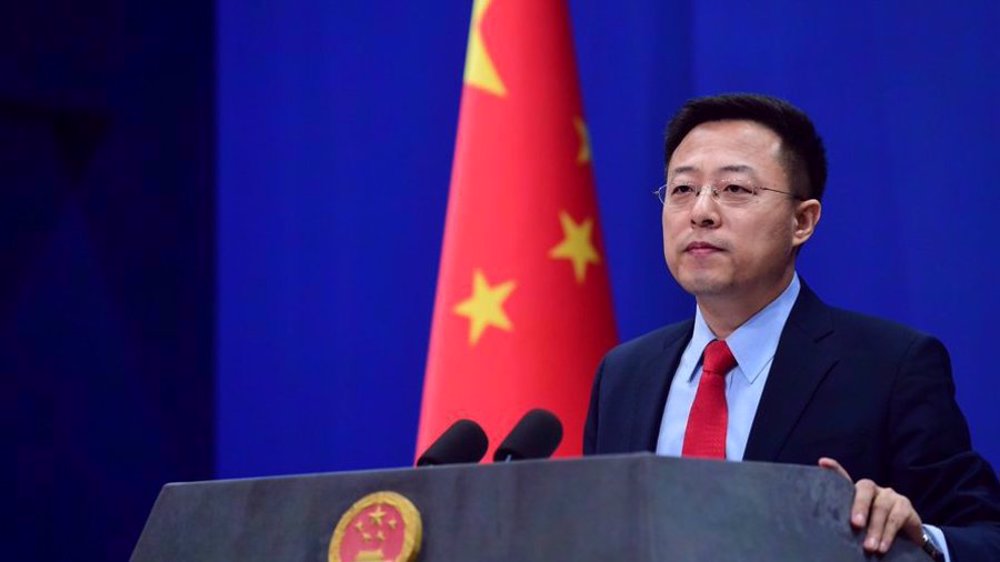

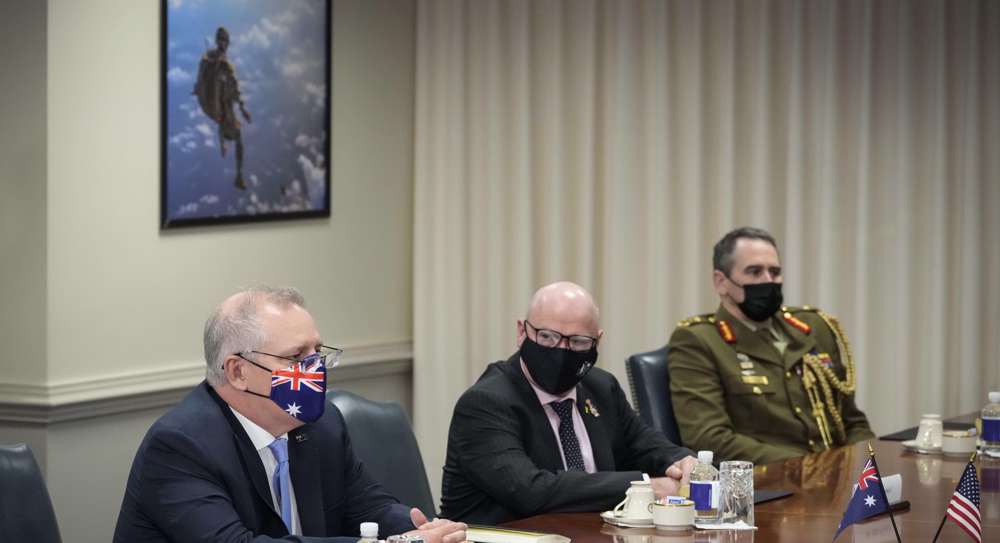

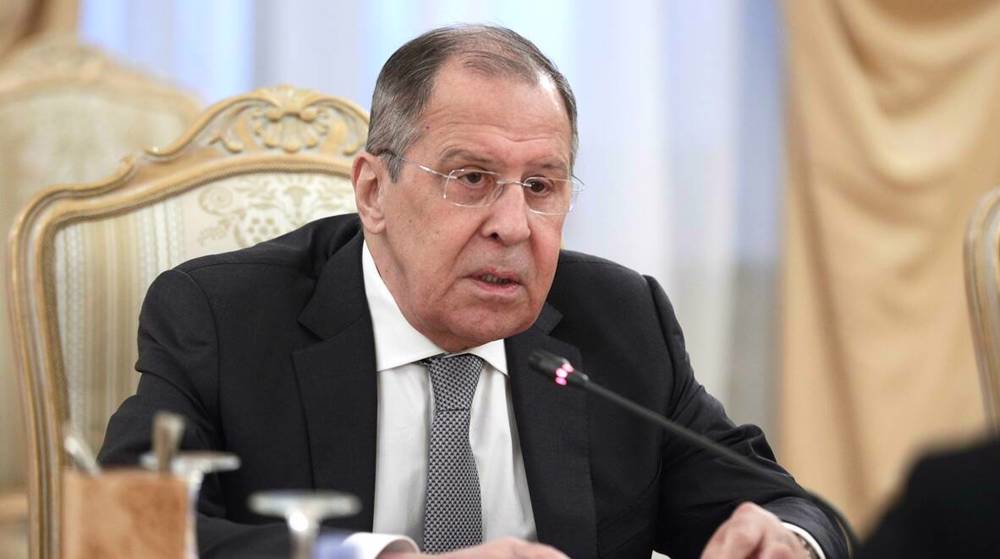

 This makes it easy to access the Press TV website
This makes it easy to access the Press TV website